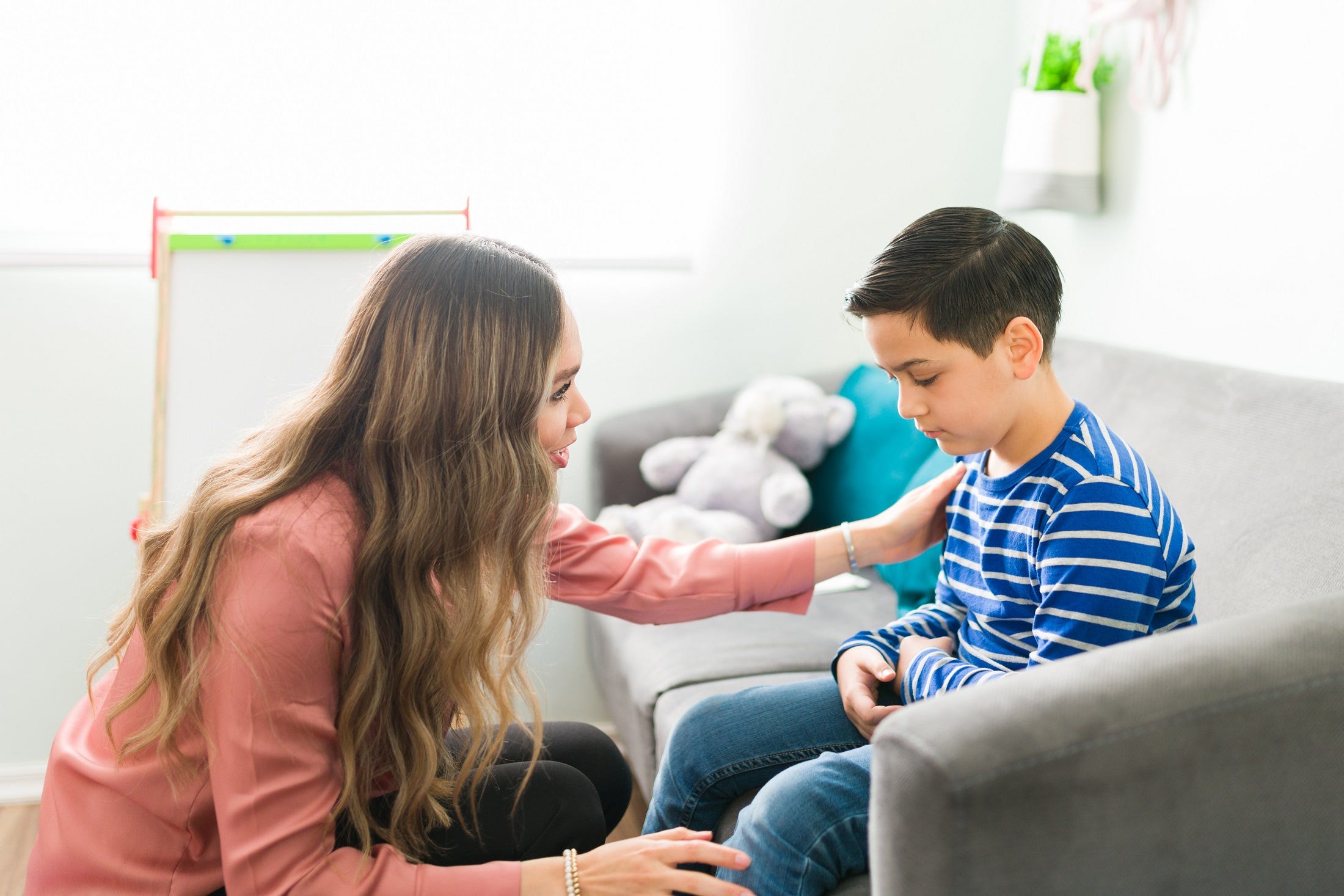Pediatric HealthSource: How to Talk to Your Kids About Their Mental Health
Communicating openly and honestly on a regular basis promotes children’s well-being and development.

Q: How can I talk to my kids about their mental health?
A: Mental health encompasses many different areas of our lives: mood and emotions, development and behavior. Therefore, you might find conversations about mental health to be difficult, uncomfortable or even overwhelming. However, talking to our children about their thoughts, feelings and experiences is necessary to help foster their mental well-being and development. When you and your child talk openly and honestly about their mental health, you can be aware of any concerns they have, help problem-solve, help build their confidence and give them the tools they need to accomplish their future goals.
These conversations should continue as your child develops and grows because their needs and experiences change. Creating the habit of checking in with your children about how they are feeling, what they are thinking and their life experiences can ensure you stay on the same page and know what is going on in their lives. By making these conversations a part of your family routine, your child will know that you are on their team and their mental well-being is important to you. Therefore, when problems arise, your child will be more likely to come to you and ask for your support.
To start the conversation, ask open-ended questions, such as, “What was your favorite part of your day?” or “Tell me about something difficult that has been on your mind lately.” Make sure you are providing a judgment-free zone. This means you try to leave your emotions and goals aside and simply listen. As they share, validate their emotions and experiences, making statements such as, “I understand why that would make you sad…” or “I have also felt nervous in situations like that…”. Remember, they will be more likely to come to you in the future if they feel the experience is rewarding and pleasant. Keep your thoughts, questions and suggestions until the end of the conversation after they have had a chance to share what is on their mind.
If through these conversations you start to have significant concerns about their mental health, consult your child’s pediatrician.
For more pediatric health news for parents, visit our blog: 700childrens.nationwidechildrens.org.
Ariana Hoet, Ph.D., is a pediatric psychologist at Nationwide Children’s Hospital and clinical director of On Our Sleeves.

Foster Communication About Mental Health
Help your child talk about their mental health by doing the following:
- Create a safe space. Pick a private and distraction-free location where you and your child can talk comfortably. Go for a walk, make lunch together or sketch at the kitchen table. Make sure to use eye contact, sympathetic head nods and accepting language.
- Model vulnerability. Share a personal story about a time when you struggled to talk about your feelings. Talk to your child about how you overcame this and how it helped you gain confidence to talk openly about your mental health.
- Find helpful resources. If you live in Franklin County and your child is in crisis and you would like to talk to a mental health provider, call the Nationwide Children’s Hospital and Franklin County Youth Psychiatric Crisis Line at 614-722-1800.
If you do not know your county’s crisis line and you or your child need immediate help because of suicidal thoughts, go to your local emergency room, call the National Suicide Prevention Lifeline at 800-273-TALK (8255) or reach the Crisis Text Line by texting “START” to 741-741.
Pediatric HealthSource is a recurring Columbus Parent column.